The big challenge for the waste recycling industry in Romania is the development or creation of an efficient infrastructure in many places, said Dan Pascu, the general manager of a company specialized in waste management, at an event on environmental issues on Friday.
"The big challenge that we see, as operators, who not only collect, but also operate infrastructure auctioned in a public regime, is the development or creation in many places of this infrastructure which, in terms of half of what is needed, is completely lacking. The efficiency of the existing infrastructure is low, perhaps even very low. There is also the question of the reality of these figures, because many come from environmental authorizations that are made after some projects from 10-15 years ago. With good intentions, an installation was designed for 70,000 tons, but in reality it operates at 40,000 tons... The state of the industry is not very rosy," said the head of RETIM.
According to him, companies in this field have financial problems because they have accepted contracts that are not being carried out as budgeted.
"I didn't come here to complain, but it's true. There are many of us who have financial problems, because we accepted some contracts that are not being carried out as budgeted. Many also come from infrastructure problems. Of course, yes, there are operating errors and collection errors. We shouldn't hide that there are situations in which separate collection is not done as it should be, but I think that if we look at it objectively, that's not the big problem (...) There are a lot of steps that I'm afraid will take more than five years, given the good start. The targets for 2025 are 55%, for 2030 they are 60%, for 2035 they are 65%, and only 10% landfilling," said Dan Pascu.
The representative of the company specializing in waste management also mentioned that the provision in the Waste Law regarding the prohibition of separate waste collection for a certain fraction if there is no infrastructure brings additional costs.
"Unfortunately, not fortunately, the Waste Law was amended by OUG 133, three years ago I think, in 2022, and it practically prohibits organizing a separate collection for a certain fraction if you don't have the infrastructure, that is, if there is no composting station for separately collected biodegradable waste. It's logical and it's not logical, because once collected separately, what do you do with that product? There are additional costs and they are not few. Adding another fraction means, at the level of a county like Timis, for example, another 20 cars maybe, minimum. On the other hand, let's teach the beneficiaries, our clients, to collect such sensitive waste separately so that it can be recycled... We need a separate, precise collection. It must be only kitchen scraps, only leaf and grass scraps, so that they are compostable and produce quality compost. Here we are not talking about bio-drying of waste, but about composting for recycling. The legislator now says that we must wait for local public authorities to build that infrastructure. Unfortunately, although there are county plans throughout the country adopted in 2020 - 2021, I do not know if they can be taken to the level of a financiable project," said Pascu.
Waste management in Romania, the targets assumed in this segment, types of infrastructure, financing the system and accessing European funds were among the topics of discussion addressed, on Friday, within a new edition of the Pria Environment conference - "Challenges and opportunities in implementing the National Waste Management Plan", organized on Friday.

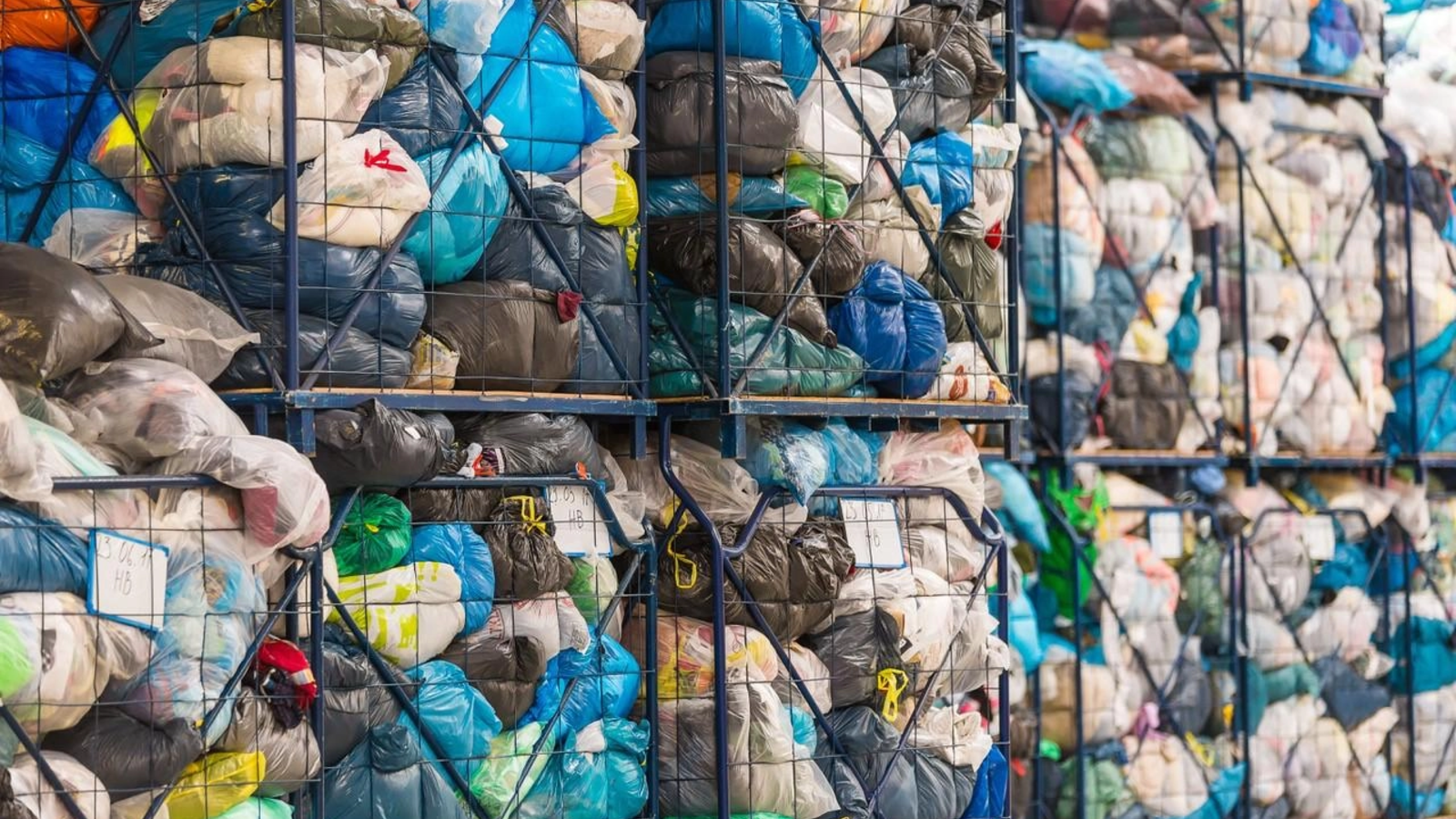



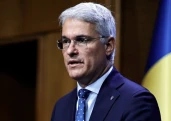


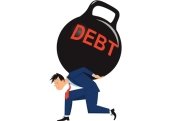

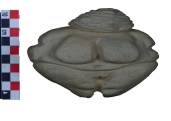



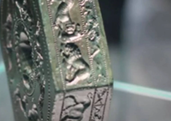

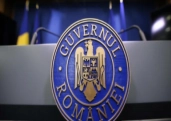





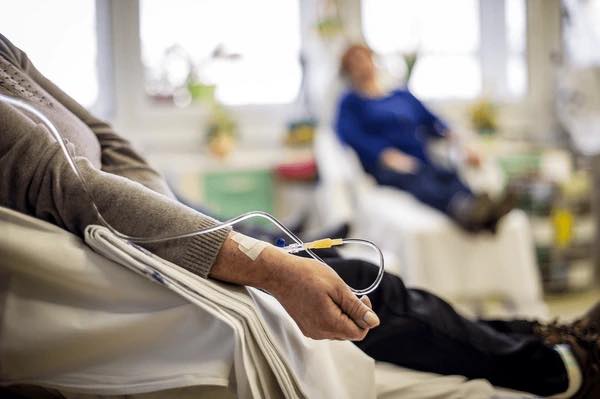





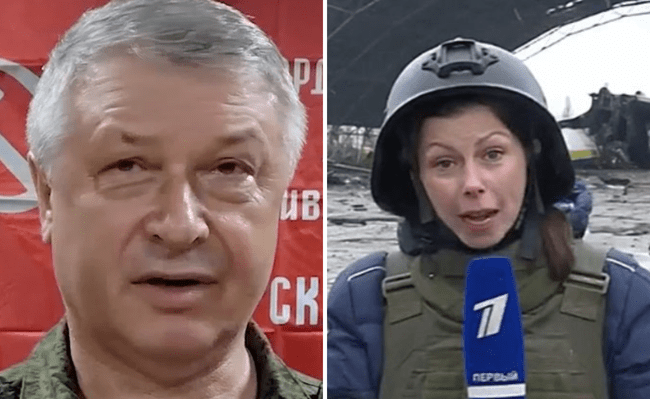
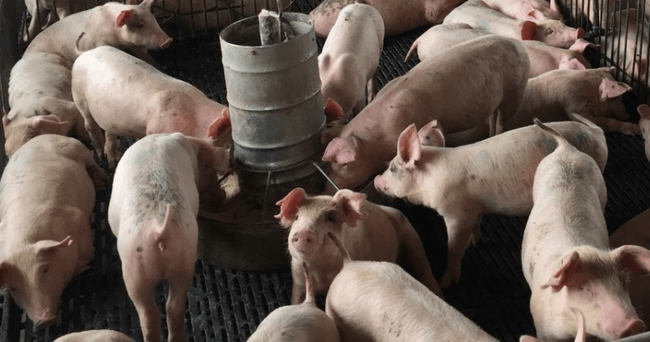


Comentează